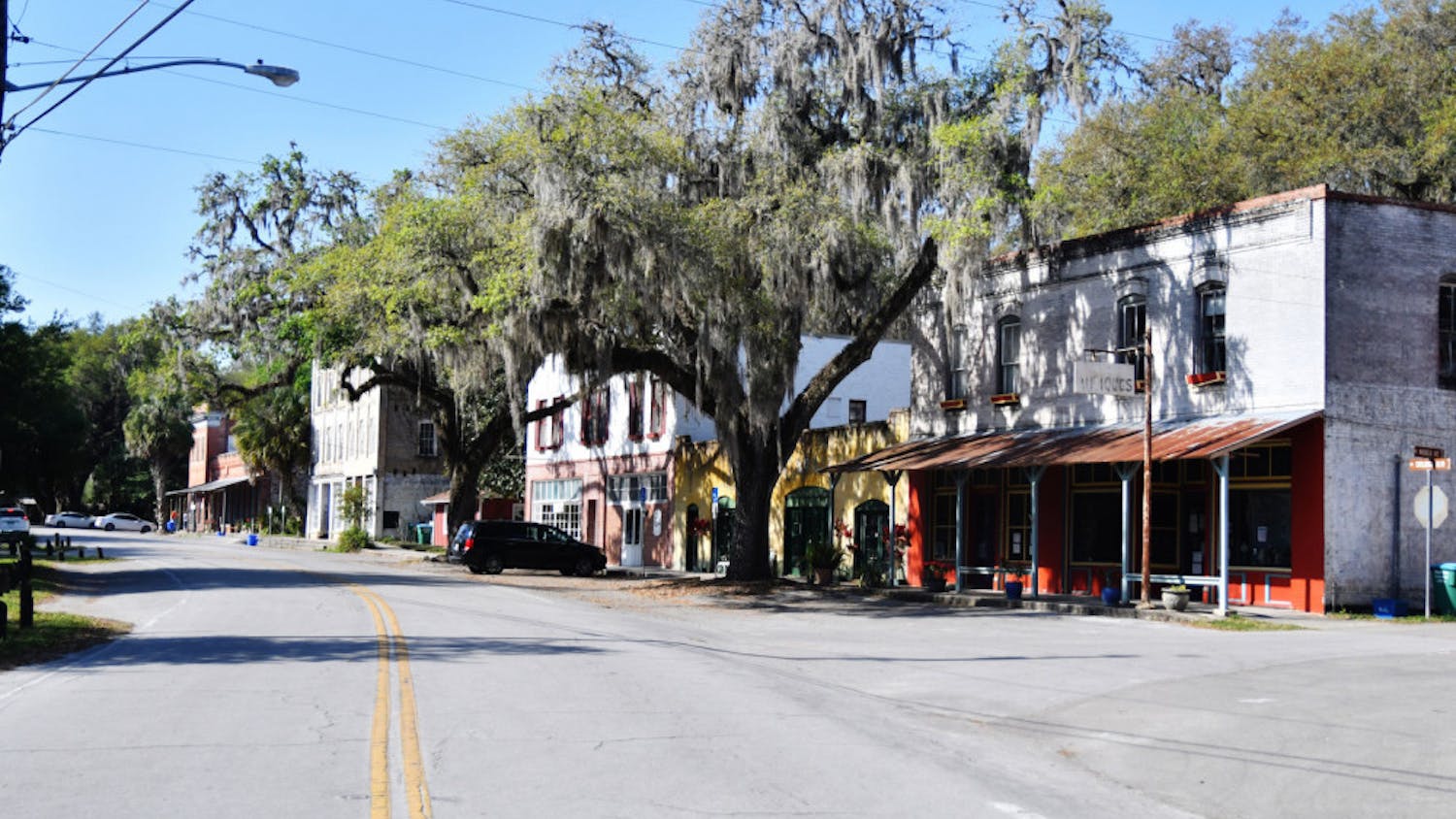The Internet is a powerful tool of democracy that provides diverse groups of people with an open and equal platform to communicate, share information and express their views. Net neutrality, a concept that has come under fire in recent years, is the principle protecting these essential aspects of the Internet.
Net neutrality is the simple idea that all data on the Internet should be treated equally. In practice, this means everyone on the Internet should be able to easily communicate with one another and access content without discrimination or interference from a third party. All websites should run at the same speed regardless of whether they are owned by individuals, small startups or powerful corporations. This is what is commonly referred to as an "open Internet."
The concept of an open Internet has come under attack due to the Federal Communications Commission’s new proposals. Tom Wheeler, chairman of the FCC, has expressed support for Internet service providers (ISPs) offering "paid prioritization" services.
Under this rule, companies like Comcast and Verizon would be able to charge extra fees for preferential treatment. The sites that can afford the cost will receive high-speed, priority Internet bandwidth. Those who can’t will essentially be relegated to a separate, slower Internet, placing them at a severe competitive disadvantage.
Wheeler has promised that the proposal will not threaten the openness of the Internet because the FCC will ensure prioritization practices are "commercially reasonable."
Unfortunately, it is difficult to believe that Wheeler, a former lobbyist for the telecommunication companies that stand to reap immense profits from his proposal, has American consumers’ best interests at heart.
It is also difficult to believe that the FCC has the ability or desire to ensure "commercially reasonable" practices. If it did choose to exercise this power, American consumers would likely have a much faster and more affordable Internet. Even though American consumers pay among the highest rates in the developed world for the Internet, the U.S. ranks only 31st globally in download speeds and 42nd in upload speeds.
The reason for these exorbitant Internet rates is simple. ISPs generally hold a monopoly or duopoly in most regions in the U.S. In fact, 67 percent of Americans have two or fewer providers from which to choose. Knowing that consumers have nowhere else to turn, these companies can continue to increase their prices. It’s difficult to argue that the current practices of Internet companies are "commercially reasonable."
Critics of the paid prioritization proposal, including prominent firms like Google, Netflix and Amazon, rightfully argue that the changes will grant ISPs even more control over the Internet.
This is why preserving net neutrality is so important. Under the FCC’s proposal, instead of acting as an equal platform for all sites, the Internet will be split into first- and second-class speeds for the benefit of profit-hungry ISPs. Without net neutrality, the free flow of information will be crippled; the very nature of the Internet will be undermined.
On Wednesday, several major companies will be participating in a symbolic protest to show their support for net neutrality. Reddit, Vimeo, WordPress, Foursquare and Kickstarter are just some of the sites that will display perpetual loading icons. The purpose of this protest is to demonstrate what will happen to the web under proposals currently being considered by the FCC.
Though Internet Slowdown Day, as the involved parties have titled it, will not actually result in slower Internet service, it is an important symbolic act. Americans who care about the free and open exchange of ideas must stand up against threats to net neutrality.
The FCC is accepting public comments about the issue on its website until Monday. If you believe an open Internet is critical to modern America, I encourage you to express your support for net neutrality. Our ability to connect, communicate and innovate depends on it.
Moriah Camenker is a UF public relations senior. Her columns appear on Tuesdays.
[A version of this story ran on page 6 on 9/9/2014 under the headline "Open the Internet: Support net neutrality"]





